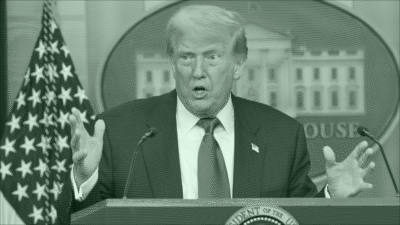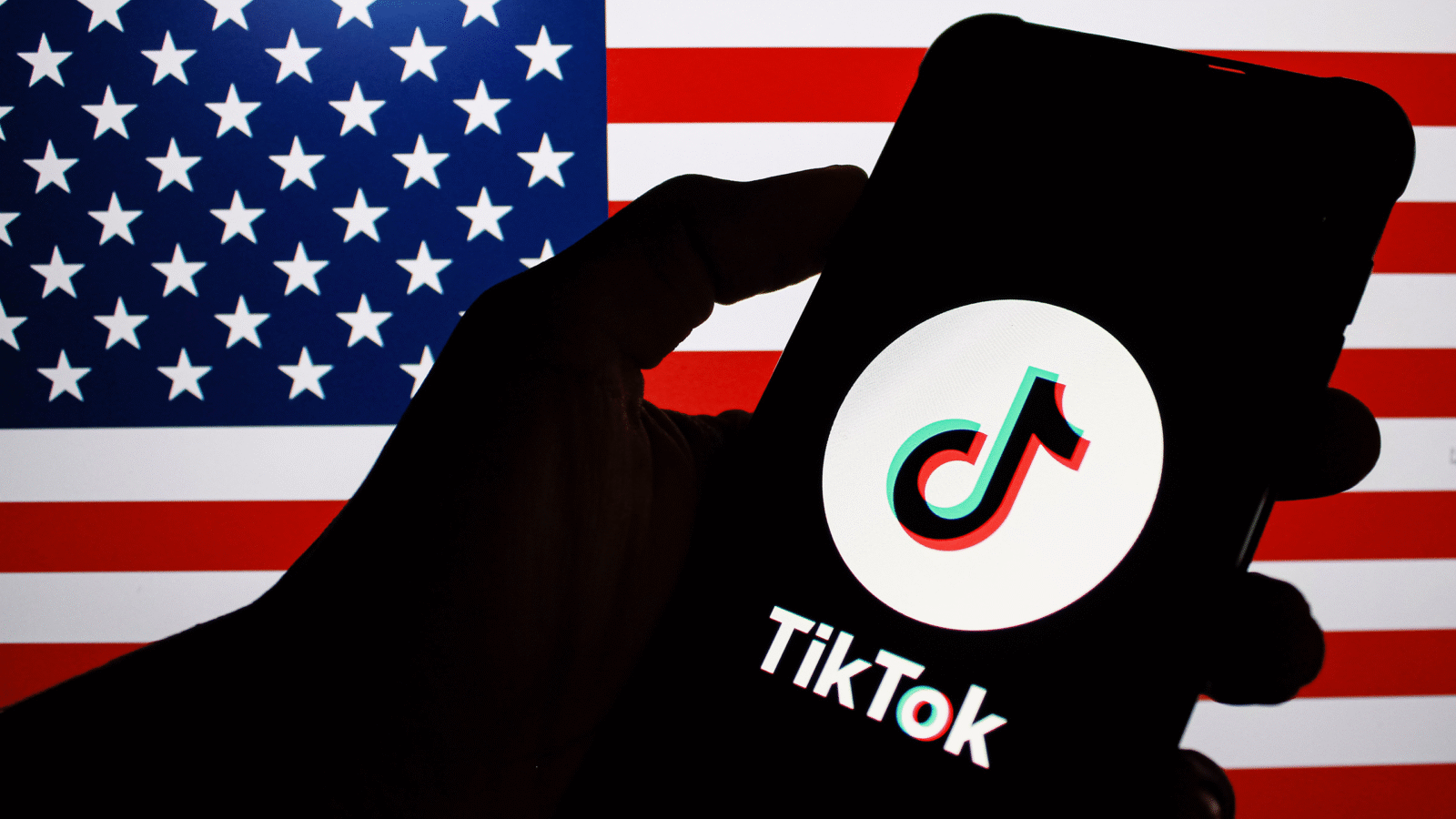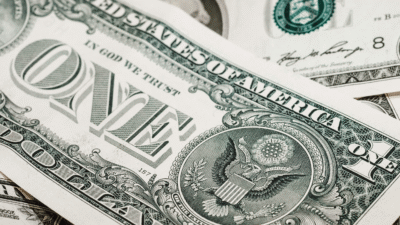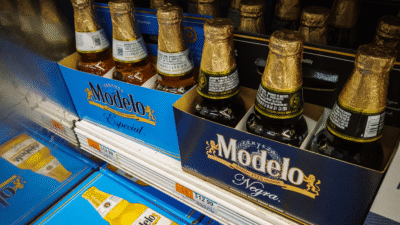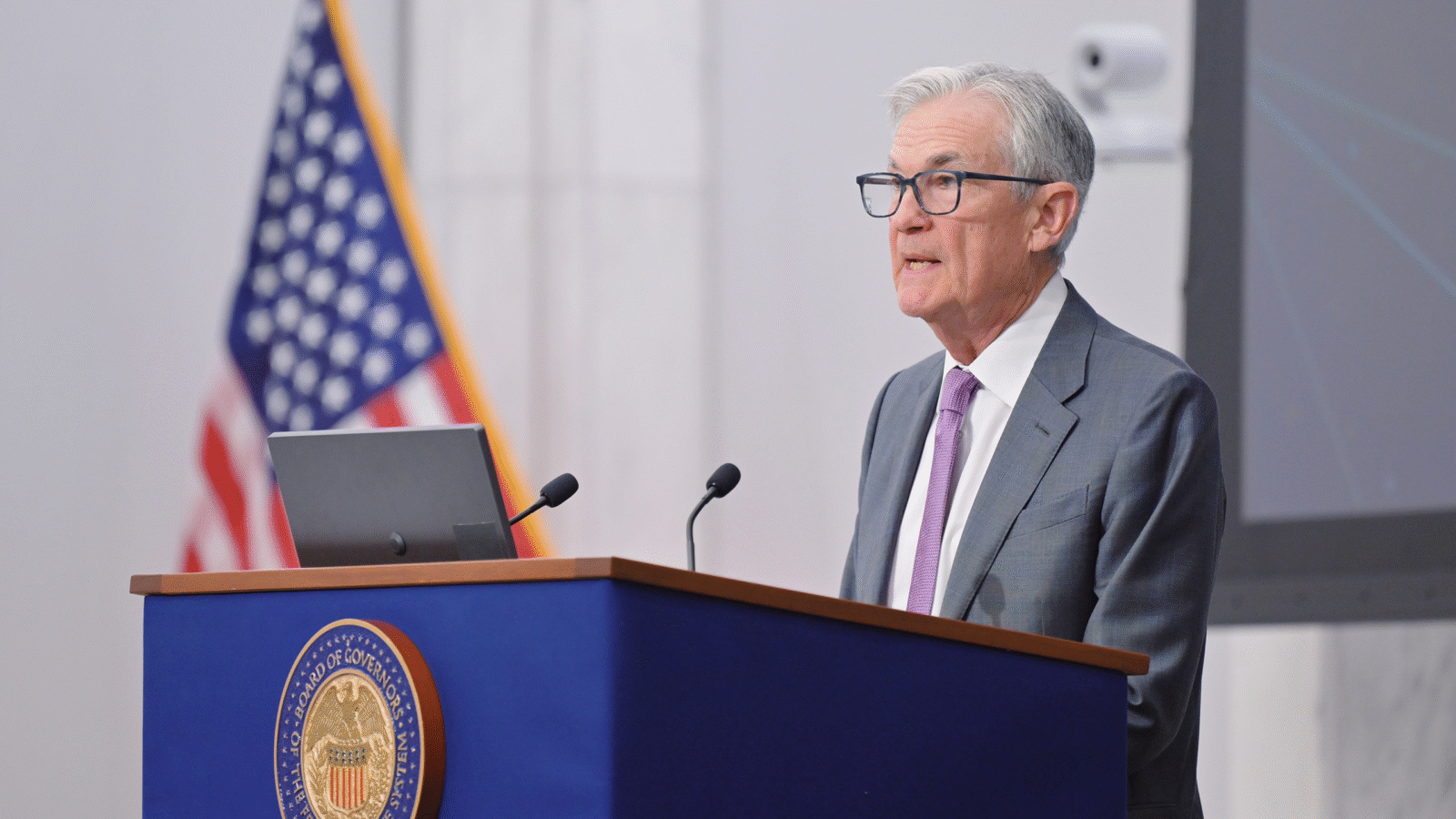Trump Vows Tariffs on Canada, Mexico, and China
Trump promised in a Truth post to levy via 25% tariffs “on ALL products coming into the United States” from Mexico and Canada.

Sign up for smart news, insights, and analysis on the biggest financial stories of the day.
Still some 50 days out from taking office, President-elect Donald Trump has wasted no time returning to his usual governance-by-tweet strategy (or now, governance-by-Truth Social post).
Trump promised in a Truth post late Monday to levy via executive order 25% tariffs “on ALL products coming into the United States” from Mexico and Canada, plus an additional 10% tariff on imports from China, rounding out the trio of biggest exporters to America. By Tuesday morning, the ripple effects from the big Truth posts were becoming clear.
All’s Fair in Love and Trade Wars
Trump’s tariff declaration against Mexico and Canada did come with a stipulation — that they’ll remain in effect until the countries stop the flow of “Drugs, in particular fentanyl, and all illegal Aliens” over the northern and southern borders. Still, he provoked plenty of feedback. Mexico’s President Claudia Sheinbaum, a staunch leftist, suggested Tuesday that Mexico could impose retaliatory tariffs in response. She also blamed US demand for fueling the fentanyl crisis and lamented the large amount of US weapons smuggled into Mexico as a result. Canadian Prime Minister Justin Trudeau, meanwhile, said he had a phone conversation with Trump following the social media post to discuss “the intense and effective connections between our countries that flow back and forth.” The Canadian dollar and Mexican peso both fell after the Truth posts.
In other words: Roughly 30 years of trilateral trade agreements between the North American neighbors may be unwinding. It’s something of a reversal of the Trump 1.0 administration, which ushered in the USMCA free trade agreement (Trump’s promised executive orders would override part of that deal).
Should the tariffs be implemented, which is of course totally unclear, they would be a complete debacle for at least a pair of major industries — oil and automobiles:
- Around 40% of US crude oil is imported, with Canada and Mexico supplying around 60% and 11% of that respectively; sources told Reuters Tuesday that crude oil would not be exempt from the tariffs. Major oil refiner trade group the American Fuel and Petrochemical Manufacturers warned that the tariffs and a subsequent trade war “have potential to impact consumers and undercut [the USA’s] advantage as the world’s leading maker of liquid fuels.”
- Meanwhile, major US-based automakers have plants in both Canada and Mexico, and are also heavily reliant on components from both countries. The tariffs “would spell disaster for the US auto industry,” Bernstein analysts wrote in a note Tuesday (while pointing out that is why they may be unlikely); General Motors shares fell nearly 9% Tuesday, while Stellantis dropped over 5% and Ford tumbled over 2%.
Goldman Touch: In macro: Altogether, it probably means more inflation. “Using our rule of thumb that every 1 [percentage point] increase in the effective tariff rate would raise core [Personal Consumption Expenditures] prices by 0.1%, we estimate that the proposed tariff increases would boost core PCE prices by 0.9% if implemented,” Goldman Sachs’ chief economist Jan Hatzius wrote in a note. Still, it remains a bit of an open question whether the tariffs are real, conditional, or merely a bargaining chip — at least until the next after-hours post.

